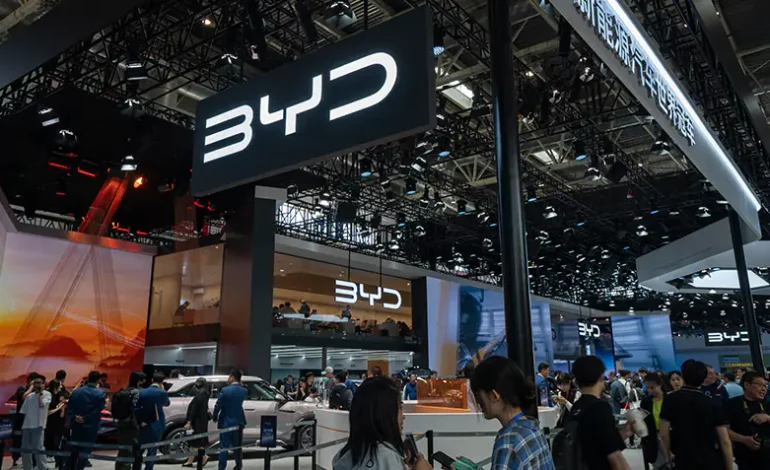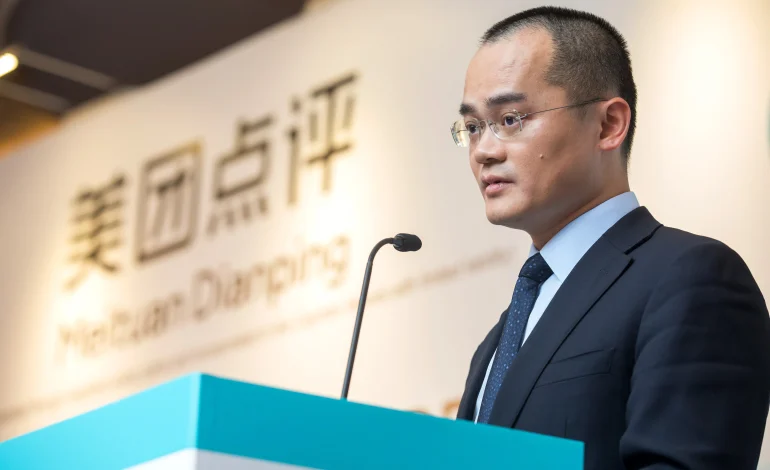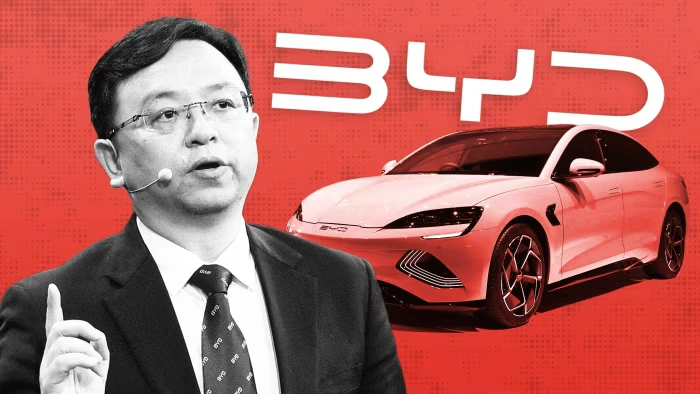The Young Voices Behind China’s EV Supply Chain

Engineers, designers, and founders under 30 driving the battery revolution.
A Generation Driving the Future
China’s electric vehicle (EV) boom is often associated with giants like BYD, NIO, and CATL. Yet behind the headlines is a younger generation of engineers, scientists, and entrepreneurs under 30 who are shaping the foundations of the industry: from battery chemistry to supply chain logistics.
These Gen Z professionals are not just employees many are startup founders, lab innovators, and product designers whose work could determine whether China maintains its EV lead globally.
Battery Innovators
The backbone of China’s EV success lies in battery technology. Dozens of young chemists and engineers are pushing advancements in solid-state batteries, sodium-ion alternatives, and recycling solutions.
For example, a 28-year-old researcher in Shenzhen has led a team developing high-density sodium-ion prototypes, which could reduce reliance on lithium imports. Another group of recent graduates in Wuhan has launched a startup focused on AI-driven recycling of battery metals, helping cut costs and address environmental concerns.
These projects may not be as visible as car design, but they are essential to China’s long-term competitiveness.
Design and Consumer Experience
Gen Z isn’t only shaping hardware. Young designers are bringing fresh perspectives to user experience in EVs, from minimalist interfaces to AI-driven in-car assistants. Many grew up in the smartphone era and see cars as connected devices rather than mechanical machines.
A team of under-30 designers at Xiaomi’s EV division, for instance, is pioneering smartphone-vehicle integration, making it seamless for users to sync apps, payments, and entertainment across devices. Their philosophy: the EV is not just transportation, but a lifestyle product.
Supply Chain Entrepreneurs
China’s EV growth also depends on supply chain efficiency. Young founders are stepping into logistics tech, building digital platforms to track, verify, and accelerate parts delivery across regions.
One Shanghai-based startup, founded by 27-year-olds, uses blockchain to provide real-time traceability of EV components ensuring compliance, reducing fraud, and improving export credibility. Such solutions are particularly vital as Chinese EVs expand into Europe and Southeast Asia, where regulatory standards are strict.
Financing Innovation
A key challenge for EV startups and suppliers is access to financing. Traditional bank loans often come slowly, and capital-intensive R&D requires faster liquidity. Here, fintech-savvy Gen Z entrepreneurs are experimenting with digital settlement systems and tokenized trade finance.
Some projects even integrate reserve-backed stablecoins for supplier payments not as replacements for state systems, but as bridges in cross-border trade. This echoes a broader shift in China’s startup culture, where digital finance tools are quietly embedded in industrial ecosystems.
Challenges on the Road
Despite their ingenuity, young innovators face tough realities. The EV sector is brutally competitive, with wafer-thin margins and high capital requirements. Regulatory changes such as new safety standards or shifts in subsidies — can quickly derail a startup’s business model.
Moreover, many young professionals face career volatility. A downturn in one segment, such as battery overcapacity, can ripple across the supply chain, forcing founders to pivot quickly. Their resilience, however, lies in adaptability a defining feature of China’s Gen Z.
Outlook: Building More Than Cars
The young voices shaping China’s EV supply chain are not merely building vehicles; they are constructing an ecosystem of technology, design, and finance. Their contributions in batteries, logistics, and user experience are laying the groundwork for China’s long-term dominance in mobility.
By 2030, some of today’s under-30 entrepreneurs may lead unicorns in battery recycling, EV software, or digital logistics platforms. Others may remain unsung heroes, embedded in the engineering backbone of the world’s largest EV market.
Either way, this generation is steering China’s EV revolution one innovation at a time.






